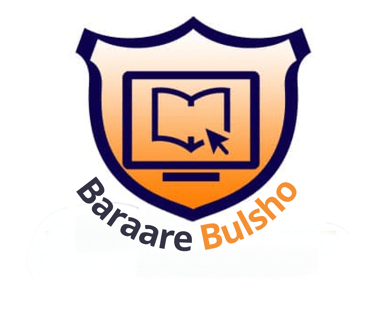Effective Strategies for IELTS Vocabulary development
Module 1- Lesson 3
V. MODULES
Ahmed Abdirahman
9/27/20251 min read
Building vocabulary is a long-term process, and it requires smart strategies rather than memorizing random word lists. In IELTS, strong vocabulary helps students communicate ideas clearly and naturally, which is why lexical resource is a scoring criterion. To improve, learners should use reliable methods such as learning by topic, keeping a vocabulary notebook, and using flashcards.
One of the best strategies is to learn vocabulary by IELTS topics. Common themes include education, environment, technology, family, and health. For example, a Somali student preparing for IELTS could practice sentences like: “Climate change has made farming in Somalia more difficult” or “Online education is expanding opportunities for Somali youth.” By learning vocabulary connected to topics, students are ready for IELTS questions.
Another effective habit is keeping a vocabulary notebook. Each entry should include the new word, its collocation, and an example sentence. For example:
Word: Develop
Collocation: Develop skills
Example sentence: “Somali students need to develop strong English skills for international opportunities.”
This method ensures that words are learned in context and not in isolation.
Flashcards are another powerful tool. Apps such as Flashcards World use a spaced repetition system, which shows the word many times over days and weeks until it is remembered (Flashcards World, n.d.). For instance, a student might study the collocation make progress today, review it in three days, and see it again in one week. This regular spacing improves memory.
Reading and listening also help vocabulary growth. Students should read English newspapers, online articles, and essays to see how words are used in context. Comparing Somali news with English news can also show how topics are expressed differently.
Finally, students must not forget spelling rules, since errors reduce scores in Writing. For example, prefer → preferred (double consonant), happy → happily (y changes to i), and make → making (drop the final e). Practicing these rules avoids common mistakes (ThoughtCo, n.d.).
In conclusion, effective vocabulary development requires consistent habits. By learning by topic, keeping a notebook, using flashcards, and practicing spelling, students can improve their lexical resource step by step. These strategies prepare learners not only for IELTS but also for real communication in English.
British Council. (n.d.). Vocabulary. LearnEnglish. https://learnenglish.britishcouncil.org/vocabulary
IDP IELTS. (2023). L is for Lexical Resource. https://ielts.idp.com/prepare/article-l-is-for-lexical-resource
IELTSMaterial. (n.d.). The A-Z of IELTS Lexical Resource. https://ieltsmaterial.com/the-a-z-of-ielts-lexical-resource/
ThoughtCo. (n.d.). Help with spelling problems for ESL classes. https://www.thoughtco.com/help-with-spelling-problems-for-esl-classes-1212404?utm_source=chatgpt.com
